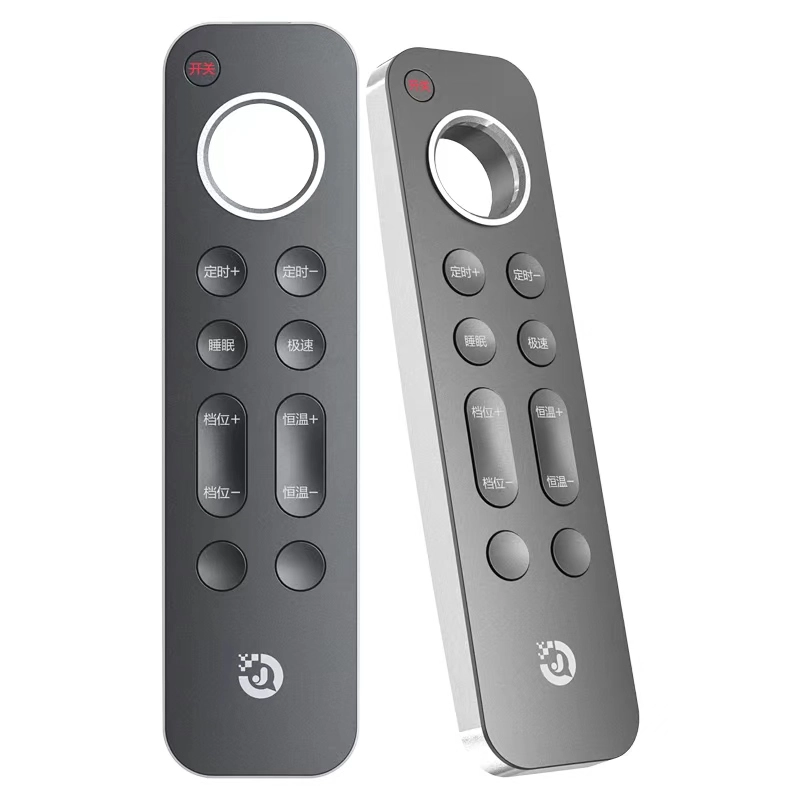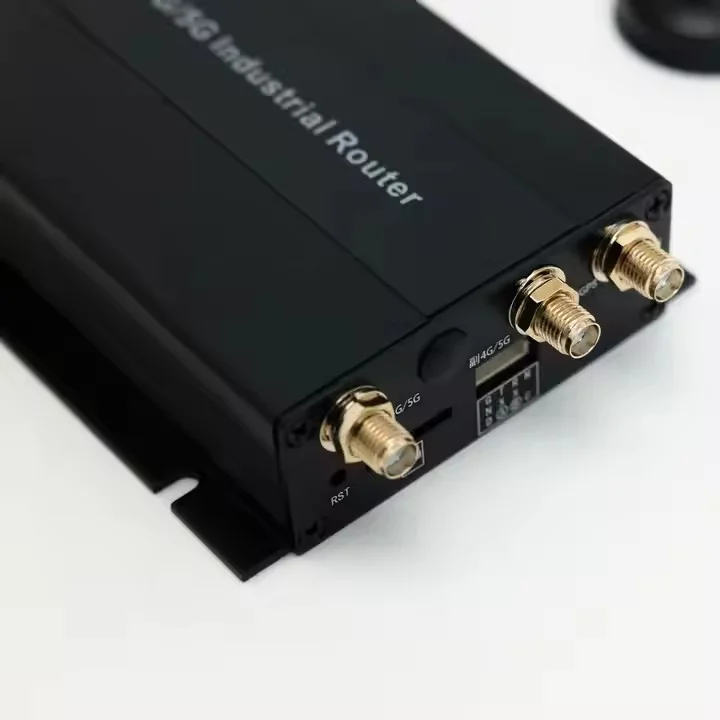Smart homes, equipped with advanced technologies and interconnected devices, have revolutionized the way we live. However, despite their numerous benefits, some individuals harbor concerns about the widespread adoption of smart home technology. In this blog post, we will delve into the reasons why some people are worried about smart homes, exploring various aspects such as privacy, security, and potential health implications.
- Privacy Concerns:
One of the primary worries surrounding smart homes is the potential invasion of privacy. With interconnected devices constantly collecting and analyzing data, individuals fear that their personal information may be vulnerable to hacking or misuse. The ability of smart home devices to monitor and record activities within the home raises concerns about the extent to which our private lives are exposed. - Security Risks:
Smart homes rely heavily on internet connectivity, making them susceptible to cyber-attacks. Hackers may exploit vulnerabilities in the system, gaining unauthorized access to personal data or even taking control of essential home functions. The fear of unauthorized access to security cameras, door locks, or alarm systems raises legitimate concerns about the overall safety of smart homes. - Health Implications:
While smart home technology aims to enhance convenience and comfort, some individuals worry about potential health risks associated with prolonged exposure to electromagnetic fields (EMFs) emitted by these devices. Although research on the long-term effects of EMFs is inconclusive, concerns about their impact on human health, particularly in children and pregnant women, persist. - Dependency and Reliability:
Smart homes heavily rely on technology, and any system failure or malfunction can disrupt daily routines. Concerns arise regarding the dependency on these devices and the potential consequences of a technological breakdown. Additionally, the reliability of smart home systems, including connectivity issues or compatibility problems, may deter some individuals from fully embracing this technology. - Cost and Accessibility:
The initial investment required to transform a conventional home into a smart home can be substantial. Concerns about the affordability and accessibility of smart home technology persist, particularly for individuals with limited financial resources. The digital divide, where certain demographics may be excluded from enjoying the benefits of smart homes, is a valid concern that needs to be addressed.
Conclusion:
While smart homes offer a plethora of advantages, it is crucial to acknowledge and address the concerns that some people have regarding their widespread adoption. Privacy, security, health implications, dependency, and cost are all valid worries that require careful consideration and mitigation. By addressing these concerns through robust security measures, transparent data policies, and comprehensive research, we can pave the way for a future where smart homes are not only technologically advanced but also trusted and embraced by all.






